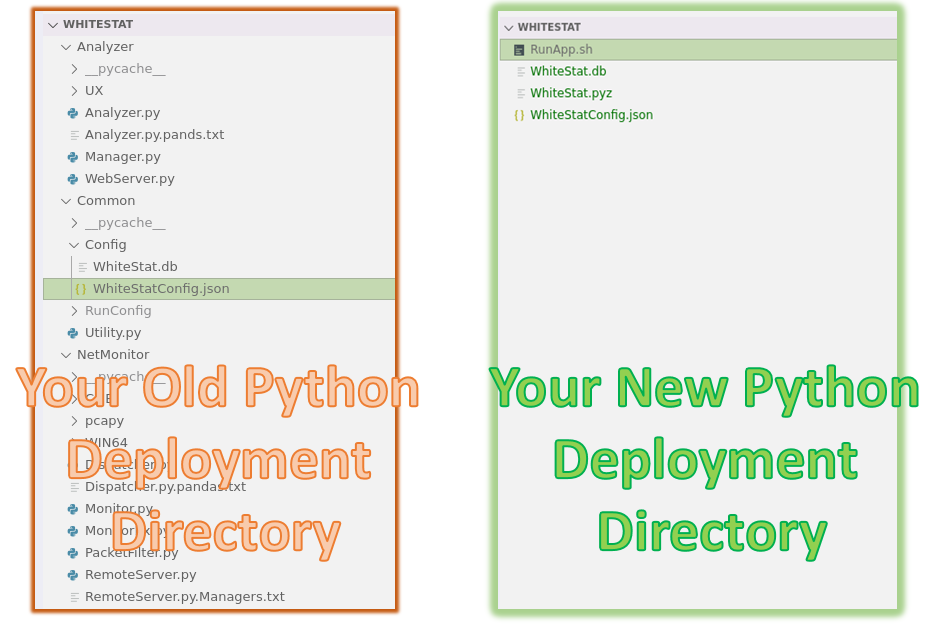An upgrade to a “NVMe PCIe M.2 SSD” drive, helps your system perform 6X faster.
The context has been detailed in the trail.
This blog primarily talks about, Migrating the current Hard Drive (Which is ENCRYPTED) to the new “NVME Drive”. Our current environment has the existing Hard Drive fully encrypted using Microsoft BitLocker Or McAfee Encryption. We would like to have the migration as seamless as possible, without redoing all the OS/Software Setup.
Many of the Disk Cloning Tools may fail, while cloning an encrypted Disk.
Hence for this purpose we’ve used “CloneZilla” with “Sector To Sector Copy” option. This option will use “dd” linux command to clone a drive.
It will use a bit by bit copy, so you will get an exact replica of the original Hard Drive. You could now directly plug and play the new “NVMe PCIe Drive”, replacing the original Hard Drive.

Advantages Of ““NVMe PCIe M.2 SSD” (Context):
Getting Desktop Virtualization To Next Level with a “NVMe PCIe M.2 SSD” (~6X performance gain)
Recently we’ve upgraded our Personal Desktop HDD/SSD to the new “NVMe PCIe M.2 SSD” (~3Gbps transfer speed). The performance gain has been astonishing, including overall desktop and virtualization performance.
Earlier we’ve been keeping multiple HDDs, to have a hassle free Virtualization experience. Since HDDs are of mechanical and to transfer data, their HEADs has to be moved over the platter (SEEK), which is time consuming.
If multiple applications are competing for data, say your Primary Desktop and multiple Virtual Machines running on top of your primary system, Your Hard Drive will choke, as it has to SEEK its heads over multiple locations and the heads can only move back and forth (not in random fashion). In worst case, it can freeze the entire system.
However if you keep multiple HDDs, say one specific for Virtualization purposes, this issue wont happen, as your virtualized application data SEEK operations will done independently, compared to your Primary Desktop Data SEEK operations, as both are done in separate HDDs.
Still data transfer speed will be a primary bottleneck on your virtualization performance, as HDDs max data transfer speed only comes around 150-200MBps.
Changing to SATA SSD’s can improve the performance to a greater extent, as it can provide a data transfer speed up to 550MBps. A 2.5x performance gain.
However with a new “NVMe PCIe M.2 SSD” drive, which is almost similar to a RAM design and support random read/write, can deliver around 3000MBps (3GBps). Approx 6X performance gain. Since it support random access, a single drive can cater to multiple applications competing for DATA. i.e A single “NVME SSD” can support your primary desktop and virtualized application at once with high data transfer rate.
In a nutshell now we enjoy the below benefits with a “NVMe PCIe M.2 SSD” upgrade;
- High boot speed. Both for desktop (boot in 7 seconds) and virtual machines.
- Overall 6X performance gain
- A single, compact device, instead of multiple big hard drives
- Longevity, as NVMe is similar to RAM and having no moving parts
- Low Power Consumption
- Less Heat
- Silent Operation
- Better Battery Backup for Laptops/NoteBooks
- Better performance and turn arounds for data intensive applications like AI/Machine Learning



